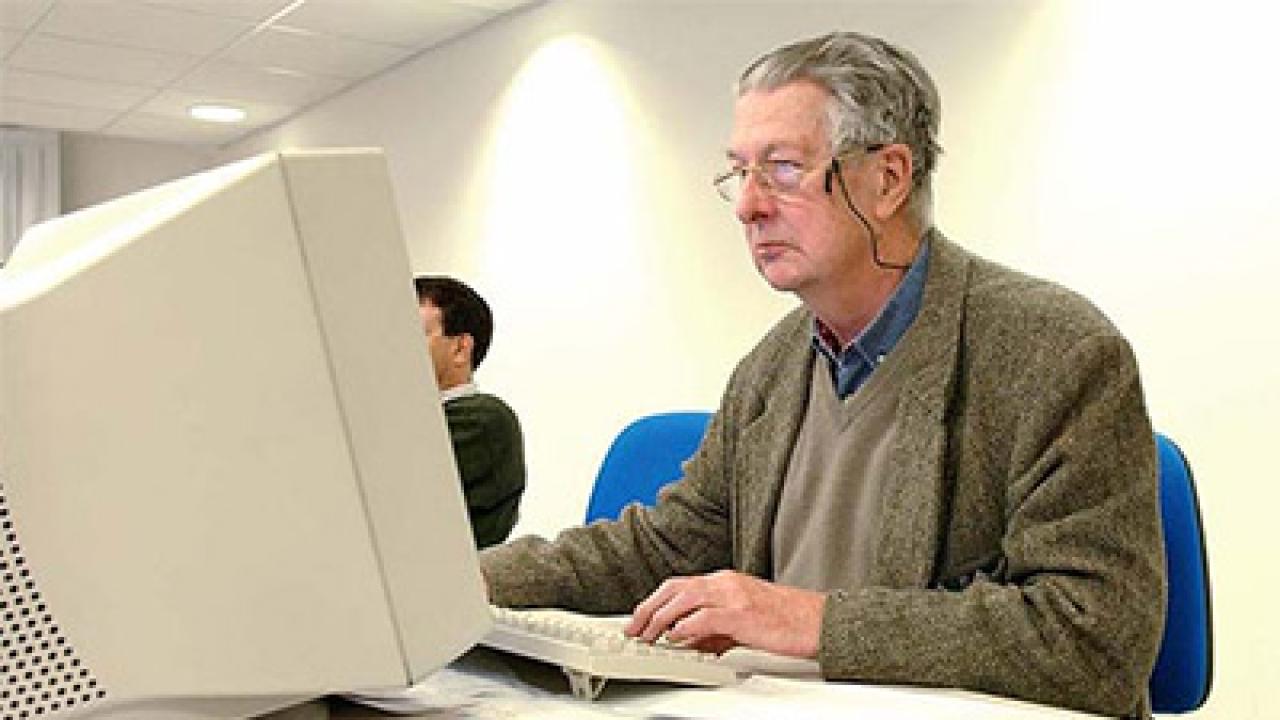
ICTP was saddened to learn of the passing of Rinus Verkerk, a retired staff scientist from CERN who came to ICTP in the 1980s to organise and direct the Center's first microprocessor training activities. At that time, microprocessors and microelectronics had brought about a revolution in computer science, manufacturing, telecommunications as well as in space and high-energy physics. In view of the impact of this new technology, it was quite natural for ICTP to start organizing courses on the physics of microprocessors and their applications. For ICTP, it meant a departure from purely theoretical physics, as a step towards technology and applied aspects of physics.
Keeping pace with the rapid development of microprocessor technology was a major challenge for scientists and technicians from around the globe--a challenge most acutely experienced in the developing world. As part of its larger mandate, ICTP tried to meet this challenge by providing the most up-to-date microprocessor training activities and computer facilities that it possibly could. Over the years, the microprocessor training activities were attended by nearly 2000 scientists from the developing world. Thanks to Verkerk's efforts, the activities were exported to many countries, including Colombia, Mexico, Sri Lanka, China, and Ivory Coast.
In 1985, ICTP signed an agreement with the Italian Istituto Nazionale di Fisica Nucleare (INFN, National Institute of Nuclear Physics), to jointly operate a Microprocessor Laboratory at ICTP. At the Laboratory, physicists and engineers from developing countries can design and test their own projects before taking them home for full operation.
















